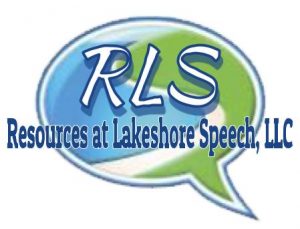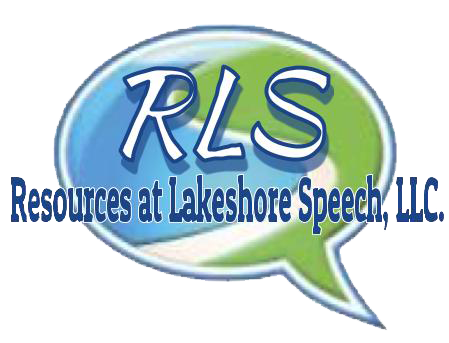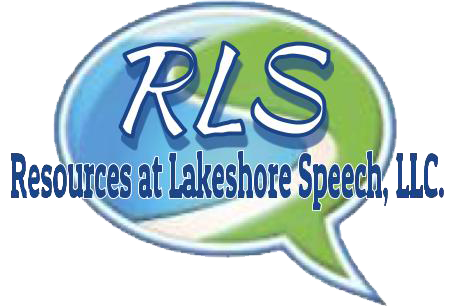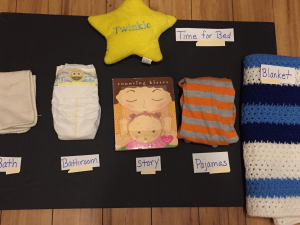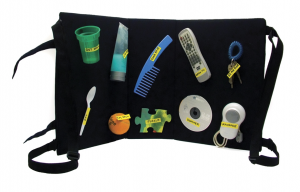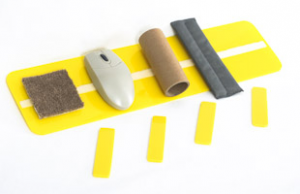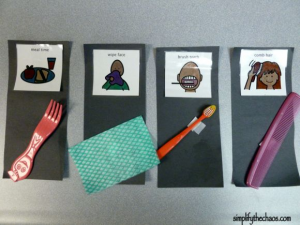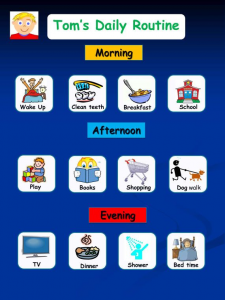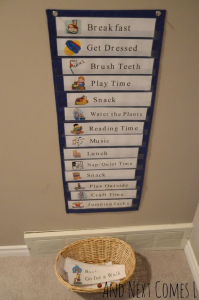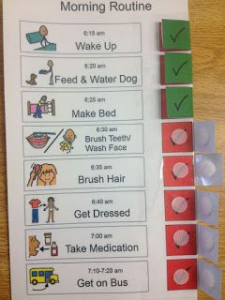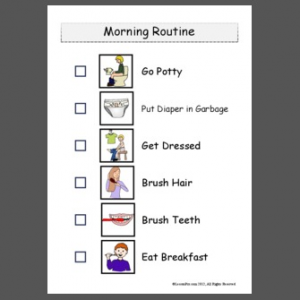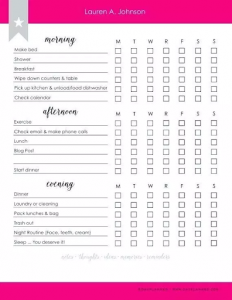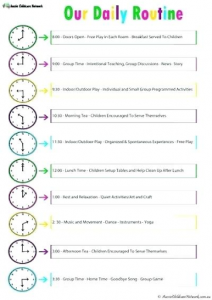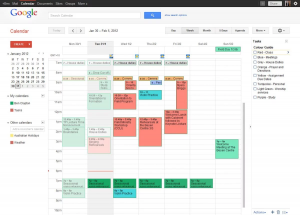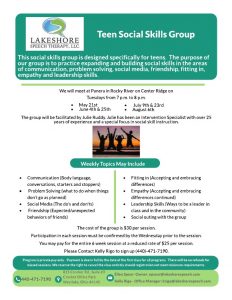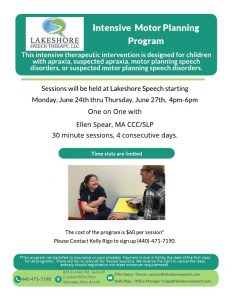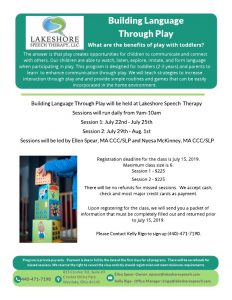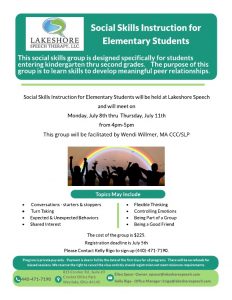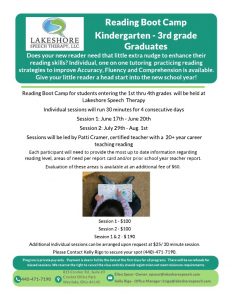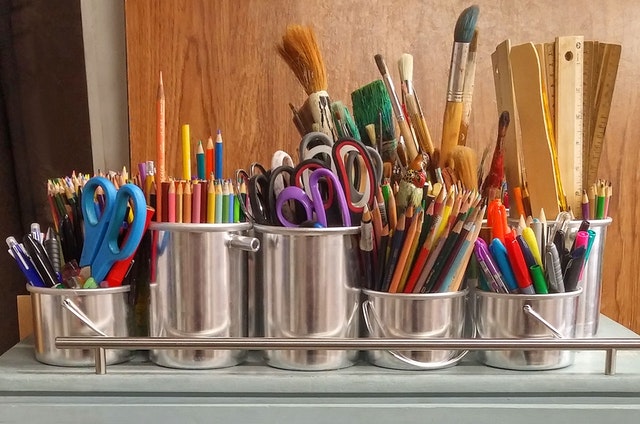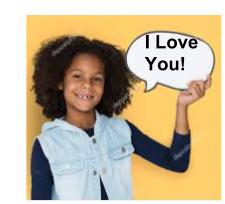This month we’ve focused on schedules and free activities to fill those schedules. This week we are discussing routines and the importance of routines related to speech-language development. Personal, familial, classroom, or therapy routines provide a framework of certainty. Within these routines are the skills and expectations that help to introduce and maintain speech-language skills, social pragmatic skills and increased independence with executive functioning skills.
Take a moment and replay your morning routine back in your head. Do you brush your teeth before you wash your face? Do you take a medication right away or do you take it with your first cup of coffee? It’s easy to picture yourself completing your morning routine and if something is off, you know it immediately.
Routines for infants and toddlers provide a number of opportunities to practice important speech-language and social skills. Anticipating the steps, sequencing steps, learning the vocabulary associated with the steps are all skills infants and toddlers need to develop meaningful associations with language and action. Daily routines provide the repetition of vocabulary and actions leading to independent participation in these routines.
Routine for school aged children can provide a calming environment for anticipating activities as well as expectations throughout the day. Similar to infants and toddlers, sequencing steps, learning vocabulary and making associations provides the foundation for increasing successful independence throughout the day. Routines also give the child the opportunity to learn the expected behaviors and unwritten social rules in a repeat practice setting. Daily routines facilitate conversations between child and adult to specifically explain and model appropriate social and behavioral expectations.
Routines for older children and young adults create a setting where focus can be more on new skills and independence versus the actual steps. These routines are not only part of the day, but provide the opportunity to increase independence and demonstrate expected behaviors and social skills which should be the focus of mastery for young adults. Routines at this age also provide opportunities for increased independence imperative for vocational and secondary education settings.
Individuals who have tendencies to become rigid regarding implementation and execution of routines, such that any variation creates adverse behaviors need to have their routines continuously changed. This does not mean the target task or activity needs to change, however change when the task or activity occurs. For example, night time routine might go tv time -change in pjs – brush teeth – book time – lights out. Consider changing to book time – brush teeth – change in pjs – tv time – lights out or some variation. You know your loved one best and will be able to determine how often the change needs to occur.
If you have any questions or need a sounding board regarding routines, please reach out to your speech-language pathologist.
Yours in Speech,
Lakeshore Speech Therapy, LLC
